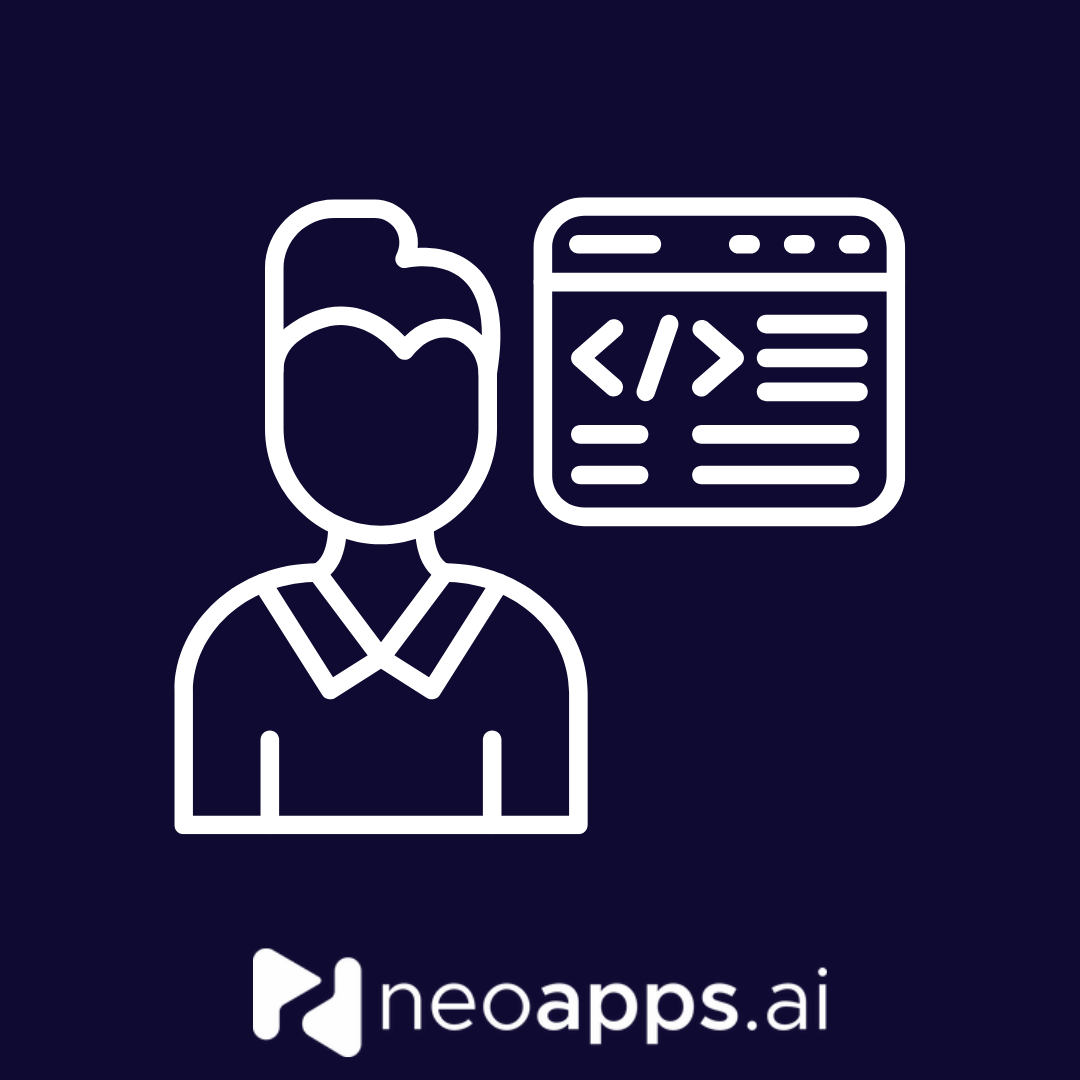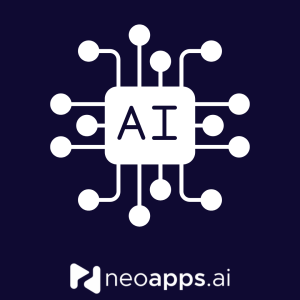Description
Expertise in Citizen Development
Citizen Development involves empowering non-technical users within an organization to build applications and automate processes using low-code or no-code platforms. This approach enables faster development cycles, increased innovation, and the ability to scale digital transformation efforts across the business. Here’s what this service typically includes:
1. Citizen Development Strategy
- Program Development:
- Establish a Citizen Development program within your organization, defining roles, responsibilities, and governance structures.
- Platform Selection:
- Assist in selecting the right low-code or no-code platforms that align with your organization’s needs and existing IT infrastructure.
- Alignment with IT:
- Ensure alignment between citizen developers and IT departments, creating a collaborative environment that adheres to security and compliance standards.
2. Training and Enablement
- Training Programs:
- Design and deliver training programs tailored to non-technical users, covering the basics of low-code/no-code development, best practices, and platform-specific tutorials.
- Workshops and Hands-On Labs:
- Conduct workshops and hands-on labs to help citizen developers build confidence and proficiency in using the selected platforms.
- Certification Paths:
- Develop certification paths for citizen developers to ensure they have the skills and knowledge to build robust, scalable applications.
3. Governance and Best Practices
- Governance Frameworks:
- Implement governance frameworks to oversee the development process, ensuring consistency, security, and compliance across all citizen-developed applications.
- Standards and Guidelines:
- Establish coding standards, templates, and guidelines that citizen developers can follow to ensure their applications meet organizational requirements.
- Monitoring and Compliance:
- Set up monitoring systems to track the performance, security, and usage of citizen-developed applications, ensuring they adhere to corporate policies and regulations.
4. Application Development and Automation
- Low-Code/No-Code Application Building:
- Guide citizen developers in creating applications that solve specific business challenges, using low-code/no-code platforms like NeoApps.AI and Microsoft PowerApps.
- Process Automation:
- Enable users to automate workflows and business processes, reducing manual tasks and increasing efficiency across departments.
- Integration with Existing Systems:
- Ensure that citizen-developed applications can integrate seamlessly with existing enterprise systems, such as CRM, ERP, or data management platforms.
5. Support and Collaboration
- Community Building:
- Foster a community of practice within your organization, where citizen developers can share knowledge, collaborate on projects, and seek support from peers and IT.
- Mentorship and Coaching:
- Provide ongoing mentorship and coaching to citizen developers, helping them tackle complex challenges and continuously improve their skills.
- Resource Hub:
- Create a centralized resource hub with tutorials, FAQs, templates, and best practices to support citizen developers in their projects.
6. Innovation and Scaling
- Innovation Labs:
- Establish innovation labs where citizen developers can experiment with new ideas and rapidly prototype solutions that address emerging business needs.
- Scaling Successful Applications:
- Identify and scale successful citizen-developed applications across the organization, ensuring they can handle increased usage and complexity.
- Continuous Improvement:
- Implement feedback loops to gather user input on citizen-developed applications, iterating and improving them to better meet business needs.
7. Risk Management and Security
- Security Best Practices:
- Educate citizen developers on security best practices, including data protection, user access control, and threat mitigation.
- Risk Assessment:
- Conduct regular risk assessments to identify potential vulnerabilities in citizen-developed applications and implement measures to address them.
- Backup and Recovery:
- Set up backup and recovery protocols for citizen-developed applications to ensure business continuity in case of failures or data loss.
8. Success Measurement and Reporting
- KPIs and Metrics:
- Define key performance indicators (KPIs) and metrics to measure the success of citizen development initiatives, such as time-to-market, user adoption, and ROI.
- Reporting Dashboards:
- Create dashboards and reports that provide insights into the performance and impact of citizen-developed applications across the organization.
- Feedback and Iteration:
- Regularly review feedback from users and stakeholders to refine and improve the Citizen Development program.
Consultation and Custom Solutions
- Tailored Consultation:
- Offer expert advice on establishing or scaling a Citizen Development program, addressing specific organizational challenges and goals.
- Custom Solutions Development:
- Collaborate with citizen developers and IT to build custom solutions that leverage low-code/no-code platforms for complex business needs.
- Ongoing Support and Optimization:
- Provide continuous support to ensure the success and sustainability of the Citizen Development program, adapting it to evolving business requirements.













Reviews
There are no reviews yet.